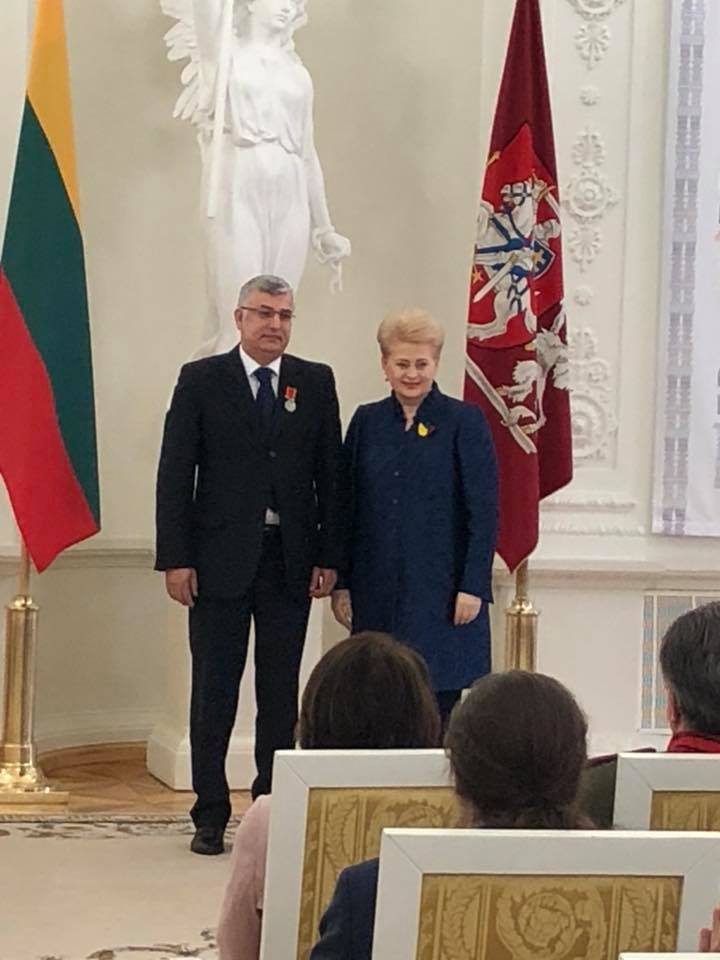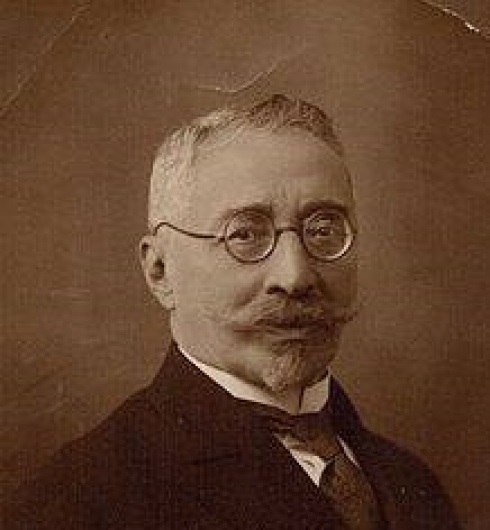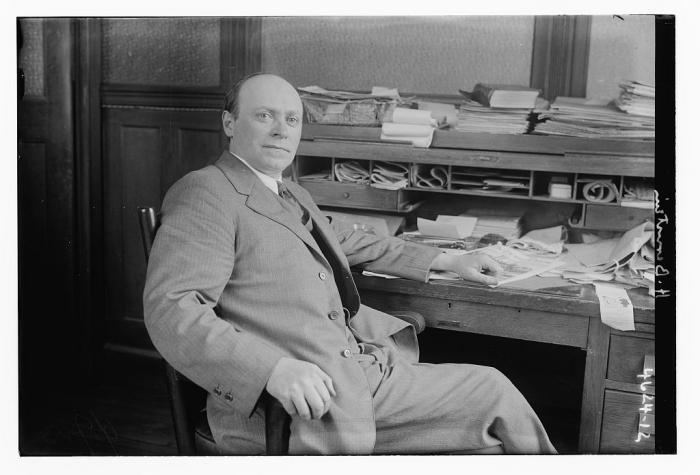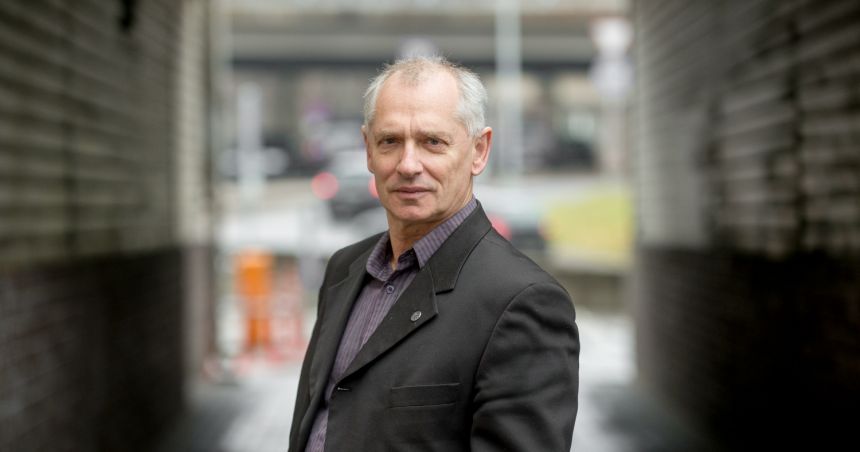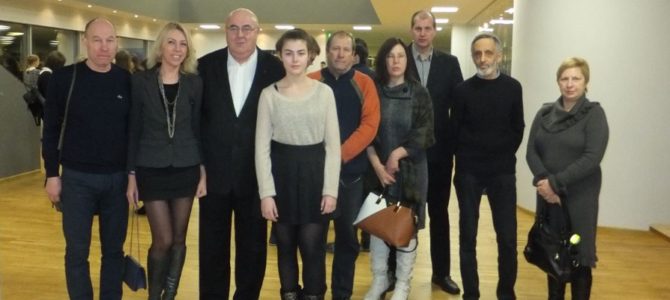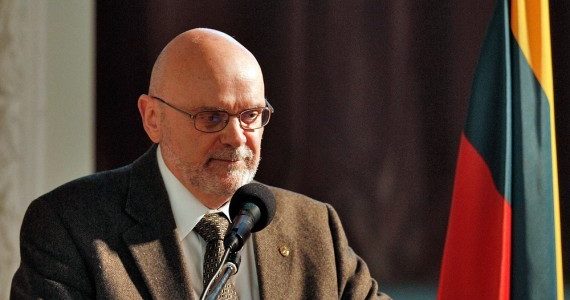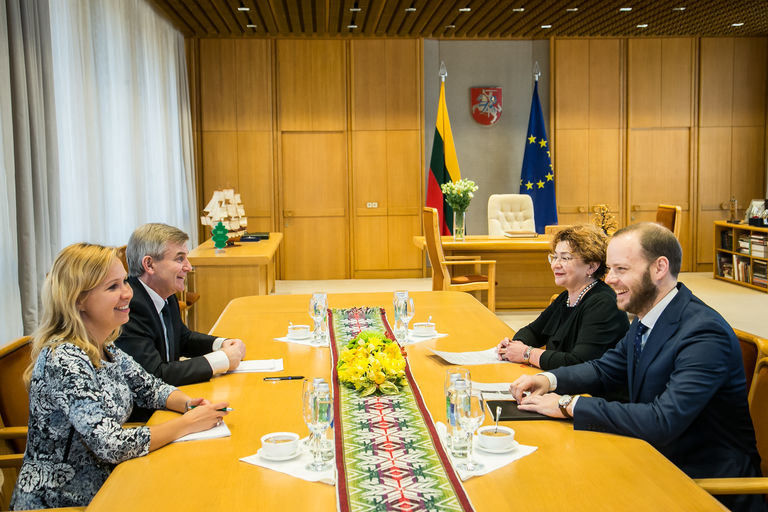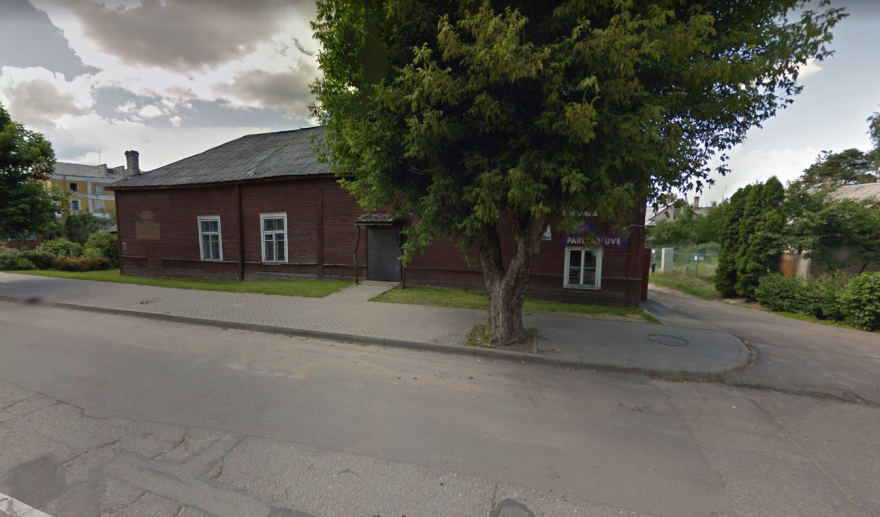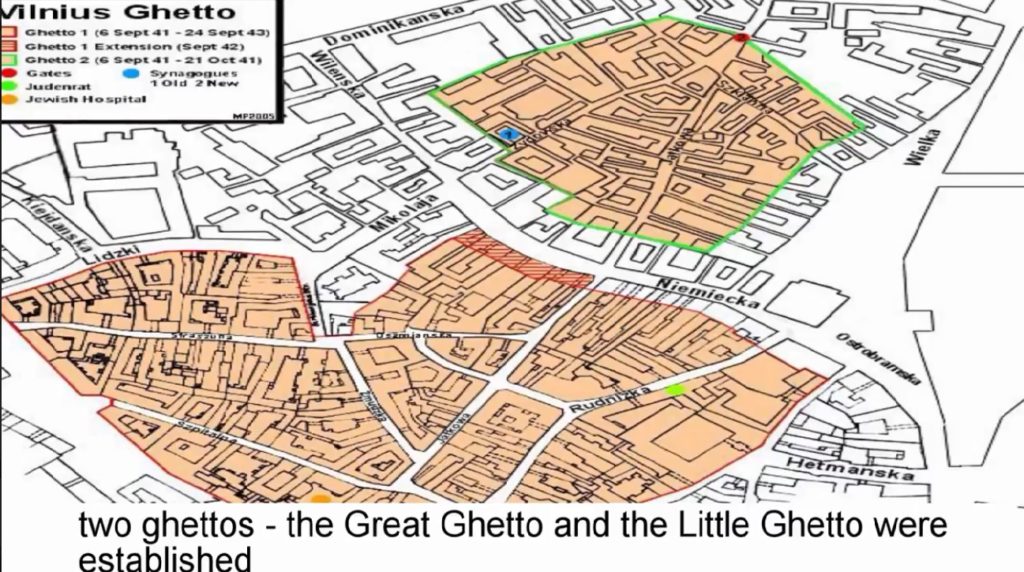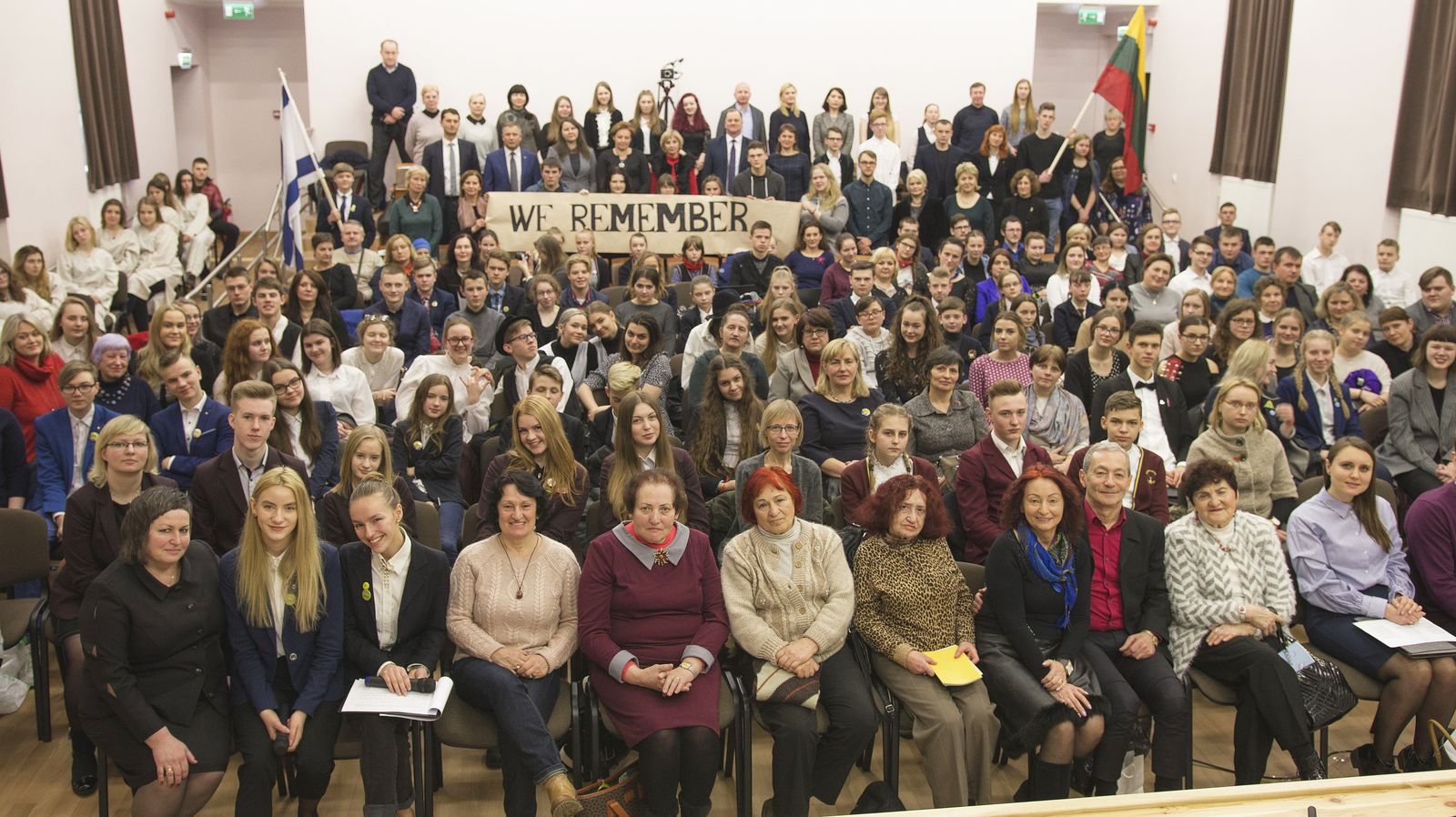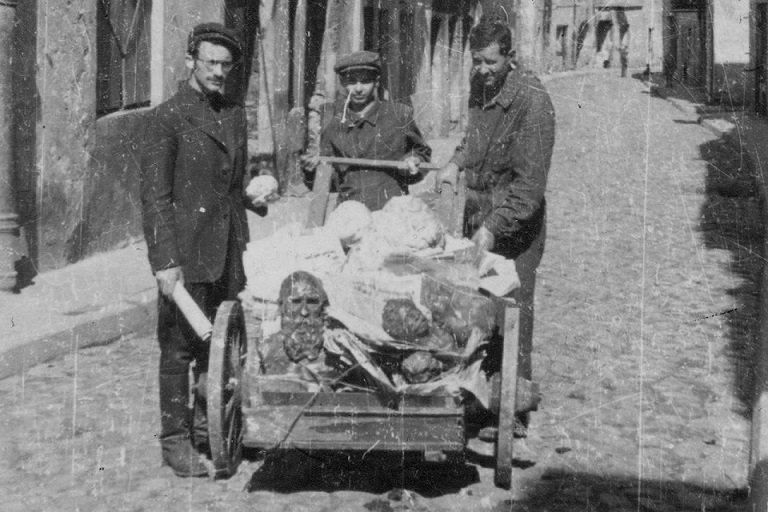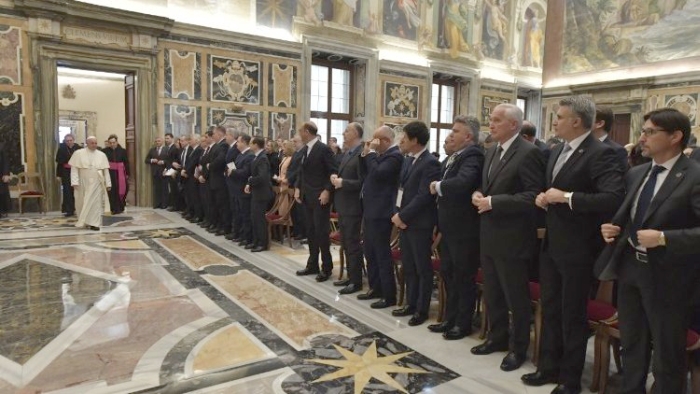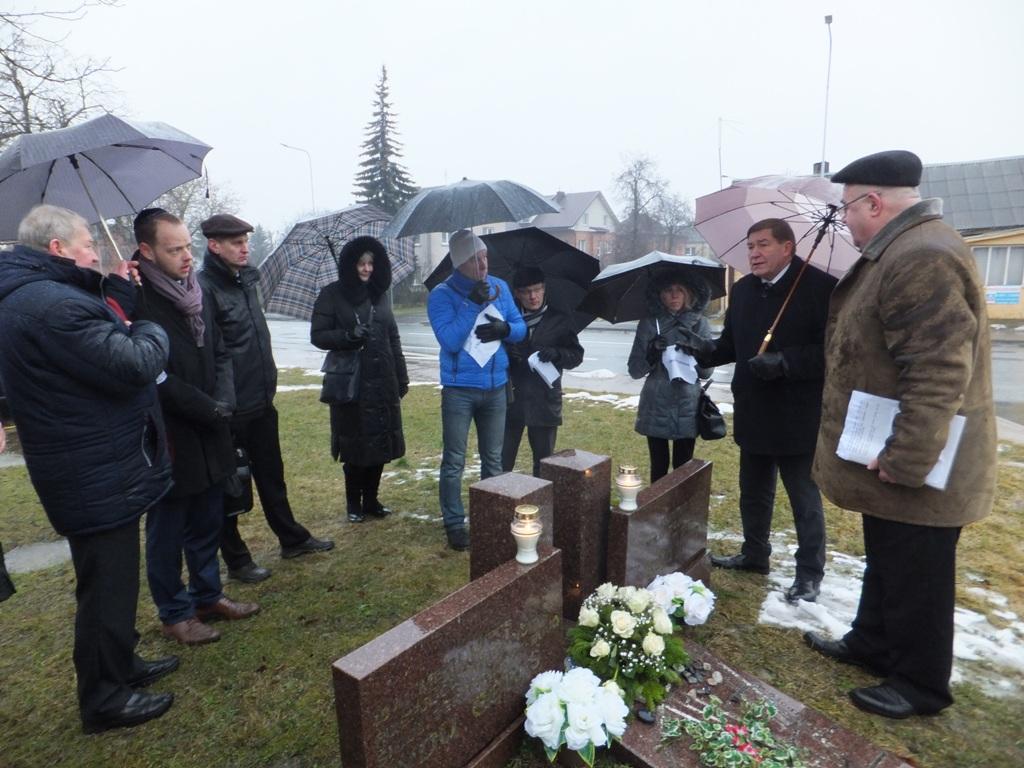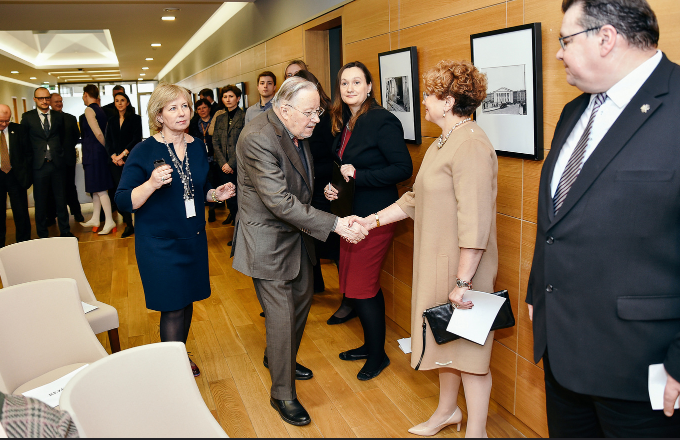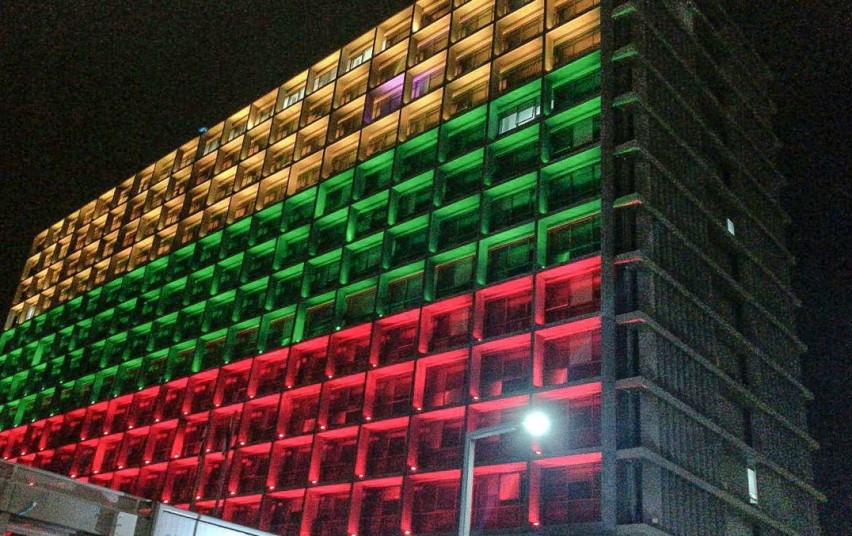
Israeli prime minister Binyamin Netanyahu sent a letter to Lithuanian prime minister Saulius Skvernelis, a greeting from him and the people of Israel congratulating Lithuania on the 100th anniversary of the establishment of the first Lithuanian Republic.
Netanyahu wished the people of Lithuania a memorable and happy holiday. He noted the close historical connections between the people of Lithuania and Israel and the importance of the Lithuanian Jewish community to the entire Jewish people and their religious and intellectual development. The Jewish people who lived in Lithuania earned great respect and included famous philosophers, writers and scholars.
The Israeli PM also noted the current Lithuanian Jewish community and Israeli citizens from Lithuania celebrate a spirit of solidarity and close cultural contacts between the two peoples. Netanyahu noted Israel appreciates highly Lithuania’s promises regarding Holocaust education and in fighting anti-Semitism. He called Lithuania one of Israel’s closest partners in Europe at the present time, and said Lithuania had contributed significantly to fostering constructive dialogue between Israel and the European Union.
Lithuania’s 100th Independence Day was also observed by the municipality of Tel Aviv where the municipal building was lit in the colors of the Lithuanian flag.


